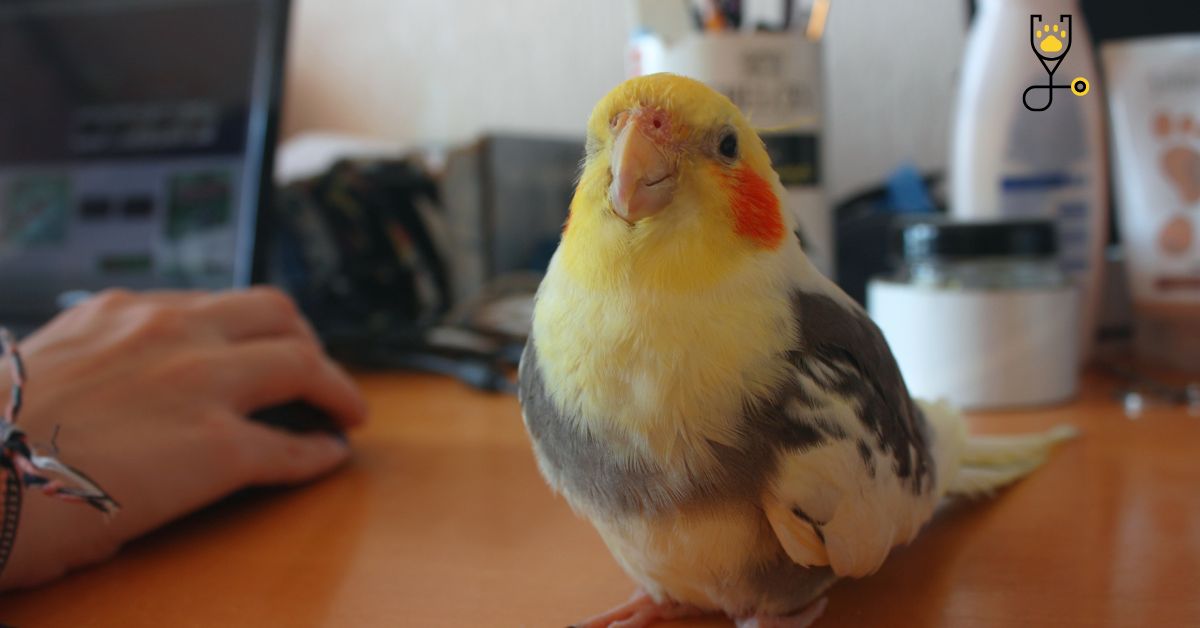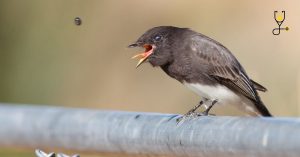If you have a pet bird and notice that it has been acting differently or displaying signs of depression, don’t panic – there are steps you can take to help your feathered friend. Whether your beloved companion is a parrot, cockatiel, or any other type of avian creature, birds can experience the same range of emotions as humans do – and they need the same level of care and attention. That’s why we’ve put together this guide on how to recognize depression in pet birds, as well as tips on helping them get through difficult moments and stay healthy in mind and body.
Reasons my bird depressed?
1. Lack of interaction
If you don’t spend enough time with your bird, it can start to feel neglected and experience depression.
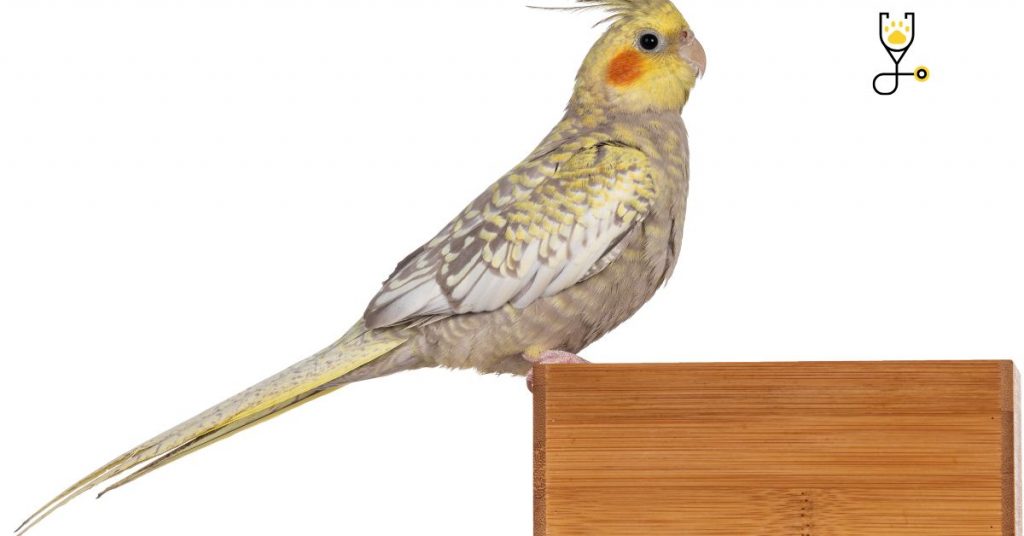
2. Stressful environment
Loud noises, a new pet, or changes in its living environment can cause stress and anxiety in your pet bird.
Also read: 6 Reasons Why Is My Pet Bird Screaming?
3. Loss of a mate
Becoming separated from their partner or flock can be emotionally traumatic for birds, leading to feelings of loneliness and depression.
4. Boredom Isolation
lack of stimulation can lead a bird to become lethargic and disinterested in activities it used to enjoy.
5. Poor nutrition
Vitamin deficiencies or too much high-fat food can affect your bird’s mental health just as much as it can your own.
6. Parasites
Parasites, such as mites and lice, can cause physical discomfort and even fear in pet birds.
7. Confinement
Pet birds that are kept in too-small cages may become depressed due to a lack of space or freedom of movement.
8. Poor health
Illnesses or injuries can cause pain and fatigue, leading to depression in some cases.
9. Lack of sunlight
Birds need natural sunlight for their mental and physical health just like people do – a deficiency of it can lead to mood swings and depression.
10. Unnatural behaviors
If you’re not providing enough mental stimulation for your bird or if you’re encouraging unnatural behaviors, it can become depressing.
Learn More: Some Behavior Problems of Pet Birds
What are the signs of depression in pet birds?
The most common signs of depression in birds include:
• Weight loss
• Loss of appetite
• Lethargy or lack of energy
• Reduced vocalizations or friendly vocalizations
• Self-mutilation (such as feather plucking)
• Aggression towards other animals or people
• Disinterest in activities that were previously enjoyed
• Ignoring toys and treats it once loved
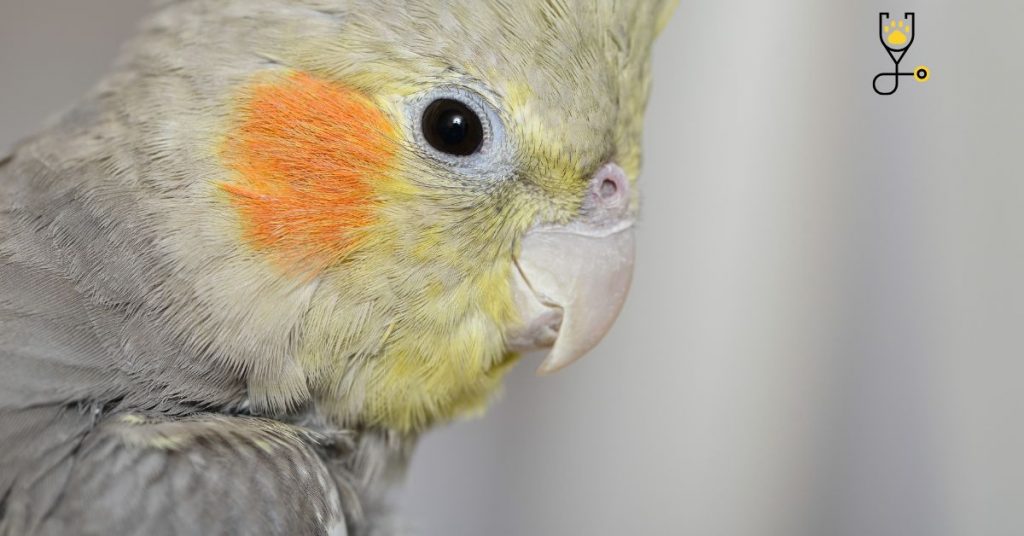
Treatment
There are many different treatments available to help your pet bird recover from depression. Here are some of the most effective:
• Providing a safe and secure environment
Make sure your pet has access to a comfortable cage in an area with minimal noise and stressors. Add toys, perches, and other enriching items to encourage physical activity and mental stimulation.
• Establishing a routine
Creating a consistent daily schedule for feeding, playtime, social interaction, and sleep can help relieve boredom and provide structure for your pet’s day-to-day life.
• Seeking professional help
If you think that your bird’s depression is severe or if it’s not responding to at home treatment methods, it’s best to seek the help of a trained avian veterinarian. Your vet can identify underlying issues, such as physical ailments or parasites, that may be causing your bird’s depression and provide treatment options.
• Dietary changes
If your pet is not eating well, it may need a change in its diet. Speak to your vet about optimal nutrition for birds and make sure you are providing them with nutritious foods.
• Anti-depressant medication
In some cases, anti-depressant medications may be prescribed by a vet to help lift your pet’s spirits. These should never be given without consulting with an expert first.
• Emotional support
Make sure you are spending time with your pet bird so that it doesn’t feel isolated or lonely. Positive reinforcement and affection can help to boost your pet’s mood and make them feel more relaxed. Depression in pet birds is a serious issue and should not be taken lightly. If you think your bird may be suffering from depression, it’s best to speak to an avian veterinarian for advice on the best course of action. With the right support and care, your pet can overcome its depression and live a happy life.
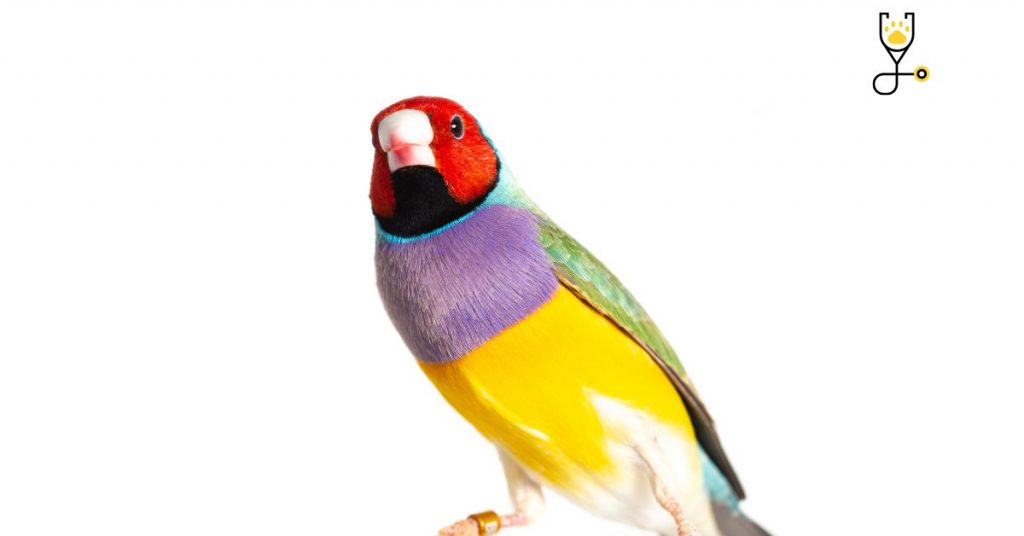
Conclusion
Depression in pet birds is a serious issue that should not be overlooked. If you think your bird may be depressed, it’s best to seek the advice of a qualified avian veterinarian for diagnosis and treatment. By providing a safe, secure environment and plenty of mental stimulation, you can help prevent depression from developing in the first place. With the right care and attention, you can help ensure that your pet bird will remain happy and healthy for years to come.
The key takeaway here is that depression in pet birds is real and can have negative impacts on their physical as well as mental health. It’s important to provide them with an enriching environment full of love, companionship, activities and nutrition so they are less likely to become depressed. If you think your bird is showing signs of depression, it’s best to consult a veterinarian for advice on the best way to help them.
Frequently Asked Questions
1. What are the symptoms of depression in pet birds?
The most common symptoms of depression in pet birds include weight loss, lethargy or lack of energy, reduced or friendly vocalizations, self-mutilation (such as feather plucking), aggression towards other animals or people, disinterest in activities that were previously enjoyed, and ignoring toys and treats it once loved.
2. How can I help my pet bird recover from depression?
Creating a safe and secure environment with plenty of mental stimulation is key to helping your bird recover from depression. Additionally, establishing a routine for feeding, playtime, social interaction and sleep can help relieve boredom. You may also want to consider seeking professional advice from an avian veterinarian to identify any underlying issues that may be causing your bird’s depression and provide treatment options.
3. Are there medications to help treat my pet bird?
In some cases, anti-depressant medications may be prescribed by a vet to help lift your pet’s spirits. However, these should never be given without consulting with an expert first. Additionally, dietary changes may also help improve your pet’s mood if it is not eating well.
4. How can I prevent my pet bird from becoming depressed?
The best way to prevent depression in birds is to provide them with a safe and secure environment full of love, companionship, activities, and nutrition. It is also important to establish a routine for feeding, playtime, social interaction and sleep to help keep your pet bird stimulated. Additionally, it’s important to monitor their diet carefully and make sure they are receiving the proper nutrition. By providing your pet with the love and attention it needs, you can help ensure that it will remain happy and healthy for years to come.
5. What is the best way to show affection to my pet bird?
The best way to show your pet bird affection is through gentle physical contact and verbal communication. You can also provide toys and treats, as well as offer positive reinforcement when your pet does something correctly. Additionally, spending quality time with your pet bird every day will help it feel loved and secure. With patience and understanding, you can foster a loving relationship between you and your feathered friend that will last for years to come. Ultimately, the most important thing for your pet’s emotional well-being is love, companionship, attention, and plenty of mental stimulation. By providing these things in abundance, you can help ensure that your pet bird remains happy, healthy, and depression-free.

